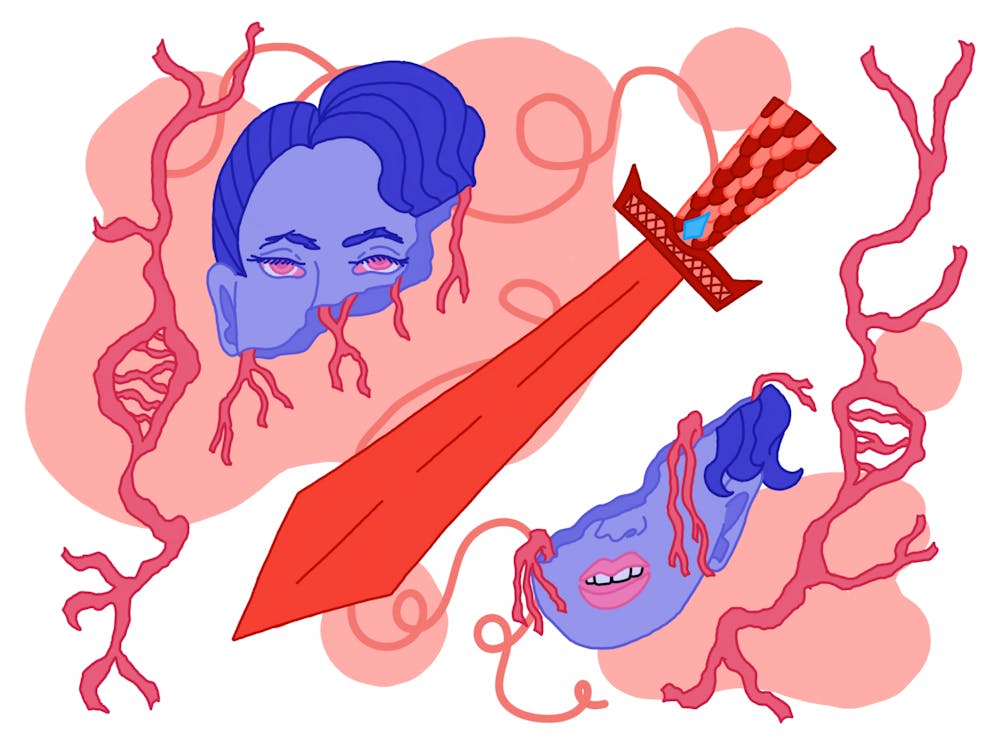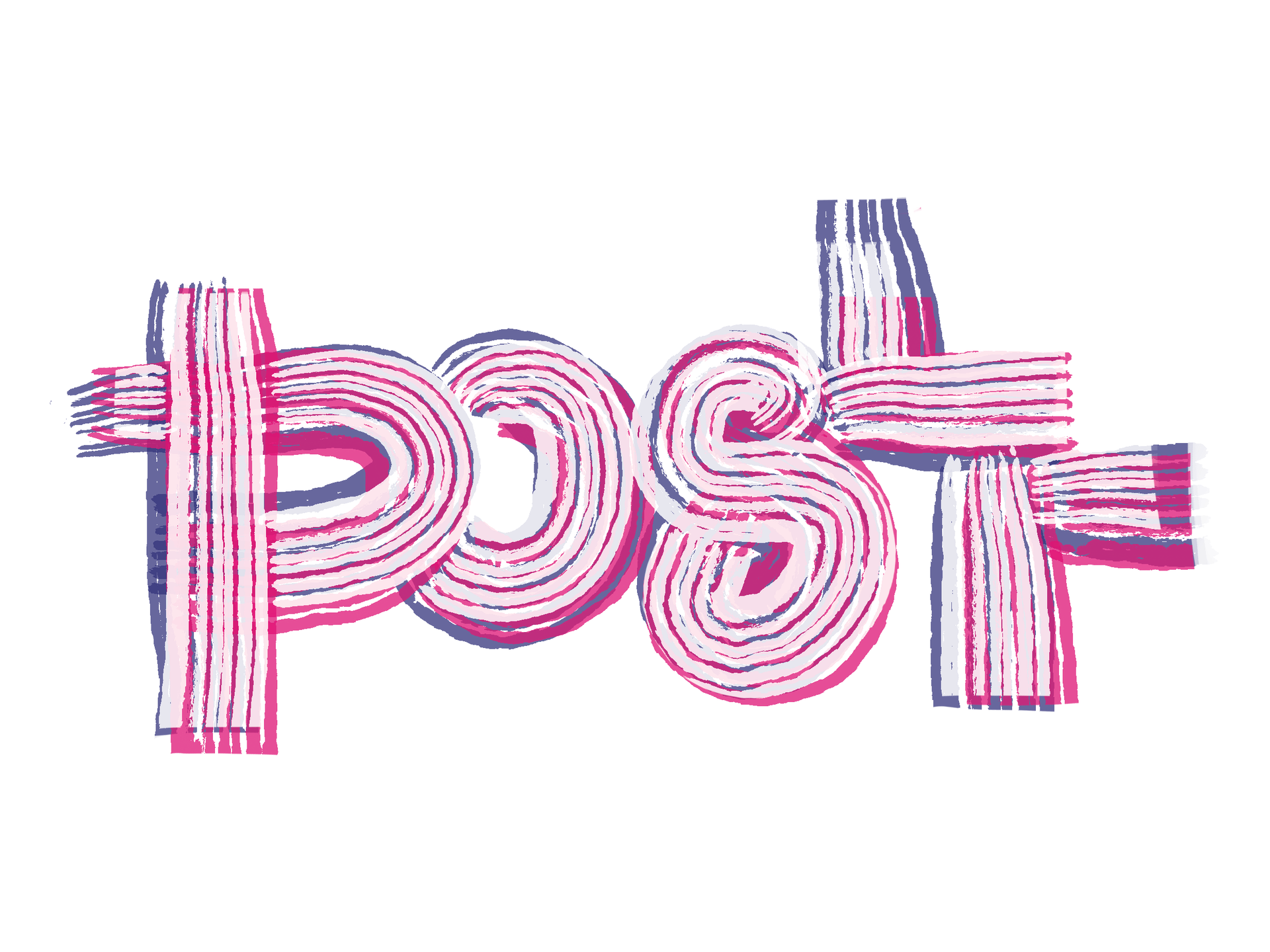How can a person be so obsessed with themselves, so narcissistic, as to believe that they alone can positively change the world. What drives people to act without regard for others, to act according to no moral boundaries to save their own destructive brand of egotism? What drives individuals to feel worthless, lesser than, depressed and aimless in the confusing tumult of contemporary life? These are complicated questions and I don’t propose a simple answer––those who offer simple or easy answers to complicated or difficult questions should, after all, never be trusted.
While in a sense, the grand questions posed represent polar opposite states of being––egomaniacal narcissism on one hand and a depressive lack of self-worth on the other––I don’t find them entirely unrelated. I’m sure we’ve all known or will know people prone to selfishness or depression over the course of our lives; they are not unique to any time or place. Nor are these states of being mutually exclusive; one can feel one way or the other at different points in time. So while I cannot proffer a definitive answer to any of these questions, I can say with confidence that a possible explanation for this recurring phenomenon is the way in which we tell stories about others and about ourselves. Part of the problem is our obsession with stories, with the narrativization of reality. To safeguard our own happiness and utility, it’s time we kill the idea of the story once and for all—before it’s too late, before we destroy ourselves.
As far as narrative templates go, there’s no template older and more successful than the so-called “hero’s journey.” From rags to riches; from a nobody to a somebody; from unremarkable to exceptional; people fall in love with these characters and their stories time and time and time again. We’re biologically programmed to connect with stories of ordinary individuals doing extraordinary things; these stories make us feel good. In today’s media landscape, one need look no further than the dominance of the superhero film genre. People crave stories with clearly defined good and evil, heroes and villains, main characters and supporting roles.
The idea of the “genius,” or intellectual superhero, is a relatively modern one born out of the Romanticism of the 18th and 19th centuries. Though it may not appear this way, the notion that certain individuals are endowed with natural abilities that far exceed the norm is a constructed one. People (tellingly, most often men) like Ludwig van Beethoven, Isaac Newton, Immanuel Kant, or Steve Jobs come to mind immediately; artists and thinkers of unique, unprecedented talent and ability whose creations changed the course of all human history. But the story of the genius is just that: a story. Any telling or retelling of events in the form of a coherent narrative will smooth over the details and exclude aspects that are inconvenient or inconsistent. This great but misguided construct—that occasionally a genius is born who alone will redefine the bounds of human experience—only expanded into the 20th century.
Consider the pioneering modern architect Le Corbusier (1887-1965). Born Charles-Édouard Jeanneret, the Swiss architect and designer was responsible for the creation of some of modern architecture’s most lauded and influential works in the so-called “international style”—think unornamented white surfaces, simple geometric shapes, ribbon windows, and the mantra that “form follows function.” For notable examples, look to his Villa Savoye or his concept house at the Weissenhof Estate in Stuttgart. Le Corbusier did not simply see himself as the designer of buildings; he believed that the architect could and should reorchestrate the built environment to maximize its utility, efficiency, and beauty in the ever complicated modern world. Le Corbusier saw himself as one 20th-century inheritor of the mantle of Romantic genius, a uniquely gifted individual whose duty it was to drive positive change on a global scale.
With this in mind, look now to Le Corbusier’s “Plan Voisin,” his proposed redevelopment plan for the city of Paris in the mid-1920s. The grand design of this architectural mastermind was to bulldoze most of the historic center of Paris, erect a uniformly spaced array of identical skyscrapers, and connect the entire sector with a grid of elevated highways and pedestrian walkways. I don’t believe it’s controversial to conclude that this plan, if executed, would have been a complete catastrophe for the city of Paris. Le Corbusier naively imagined that he alone, the architect and genius, could reorganize and improve the lives of the diverse millions who call Paris home.
This month, the architect, designer, and educator Carlo Ratti came to campus to give a lecture to Professor Dietrich Neumann’s Contemporary Architecture class. Based at MIT where he leads the school’s Senseable City Lab, Ratti spearheads a theory of design that embraces the complexities and ambiguities of contemporary, 21st-century life. Eschewing the “starchitect” model of the rogue male artist with an implacable vision à la Ayn Rand’s Howard Roark in The Fountainhead, Ratti made clear in his presentation that collaboration across disciplines and organizations is the design of the future. People sharing knowledge, data, points of view: this is the definition of success in today’s mercurial atmosphere of rapid innovation. But what does this have to do with stories? Carlo Ratti is a lavishly educated, highly trained, and extraordinarily gifted designer; with no large amount of ego and ambition, he could easily set off on his own practice to reshape the world in his own image. The standard narrative in modern western society for a talented young man like Ratti dictates that he should exercise his abilities and generate the greatest possible effect. He is not just able to change the world, he is responsible for doing so.
Popular stories are often teleological, that is, they’re oriented towards some driving purpose, some meaningful end. A nuanced psychological and emotional response to everyday circumstance, the very essence of living, becomes inaccessible when we orient ourselves towards some imagined end. Overly romanticizing our lives, our purpose, damages our own wellbeing as much as it can harm the wellbeing of others. When we succeed, we run the risk of taking that success as a visible sign of our preordained “election” to a higher purpose. We can become convinced that we’re destined to do great things and reshape the world order, in whichever ways that can be imagined. Yet when we feel that we’ve failed to live up to those lofty expectations, we can become empty and depressed; “I’m not the person I thought I was destined to be.”
Stories train us to simplify the chaos of reality into an easily digestible, continuous arc of events. For the sake of clarity, many stories focus on a main character or protagonist around which the plot revolves. Put another way, storytelling invites the convenient categorization of people, places, and events into discrete patterns; reality rejects this. Everyone believes at one time or another that they are “the main character,” but the contradiction is obvious. Our tendency to narrativize our lives is a coping mechanism, a complex byproduct of our capacity for pattern recognition and imagination. Faced with the inexplicable, we create explanations; staring into the dark, shapeless void, we imagine order and form.
Life is a collaborative enterprise, or as John Donne wrote, no man is an island. Life is also a mystery, a game where the rules come from on high but the variables are always changing. We narrativize, romanticize, historicize as a way to keep on going, a way to make sense of the things that happen in the past, present, and future. But when did we agree that everything has to make sense? Wouldn’t it be lovely to free ourselves from the burden of a continuous, teleological timeline and just exist for the moment that presents itself? Sometimes I do things that I’m proud of, things that I could imagine some historian years in the future singling out and including in the biography of my grand life—should I warrant such a thing. I’ve also done things I’m not proud of, made mistakes I can’t take back or explain away, wronged people for no good reason. What do we do with these geniuses? We remember that they, too, were people with successes, failures, shortcomings, and limitations. There’s no divine providence dictating the course of the universe and all the creatures within it. I am what I am from one moment to the next before I inevitably die and my atoms scatter across the cosmos like the salt trucks scatter on the roads before a snowstorm. That’s it.
Do your best to treat others with dignity and respect; be good to people. Explore the world. Try new things. Fall in love. Experience loss. Do what makes you happy, but also, maybe do what makes you unhappy some of the time. Live your life as only you can while you can; there’s so much good out there for the taking. Just don’t pretend your life’s a story.





